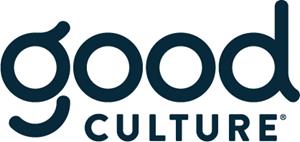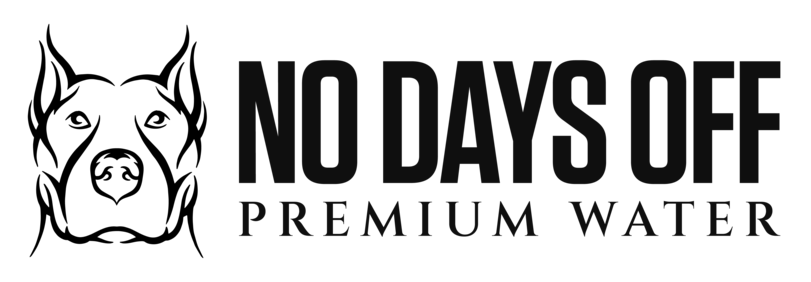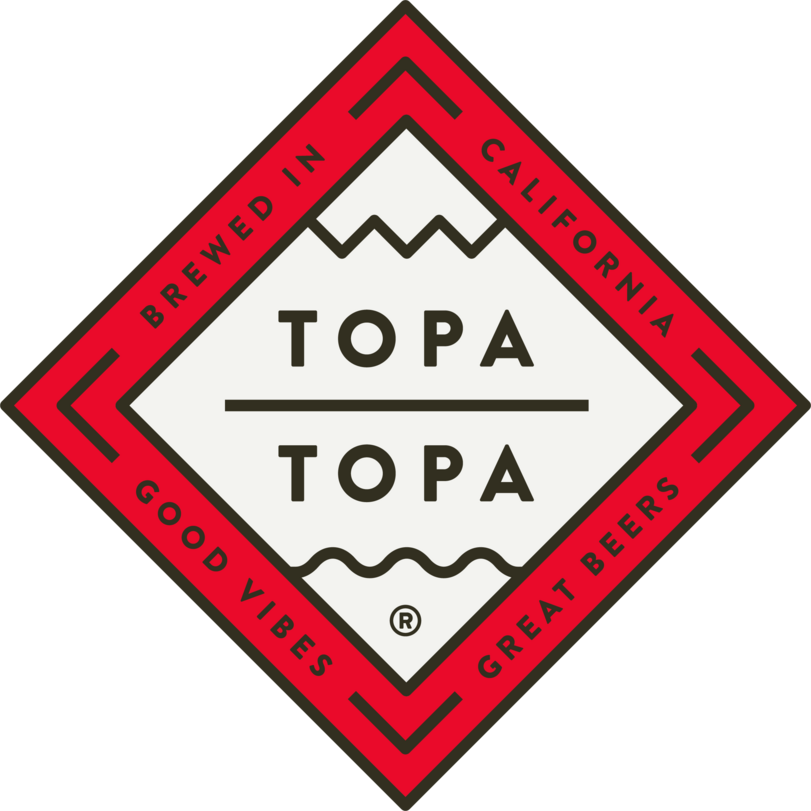Good Culture Closes $64M Round, Targets $100M in Sales
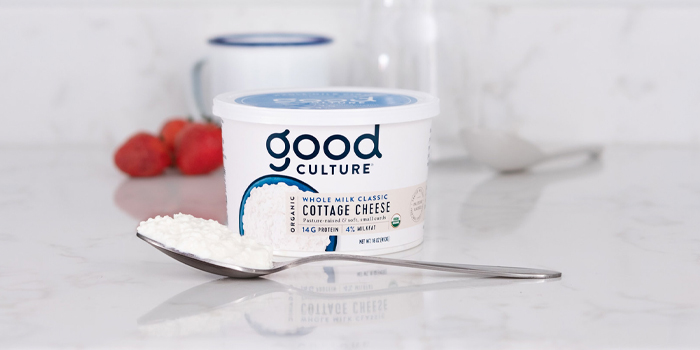
Dairy brand Good Culture has taken another step towards its goal of becoming a cultured foods platform, announcing today the closing of a $64 million funding round that will support retail and product expansion this year.
The raise was led by Manna Tree, with participation from SEMCAP Food & Nutrition and actor Kristen Bell, who Merrill said invested at the same valuation as Manna Tree and SEMCAP. Some of the capital will be used to provide liquidity to early investors including CAVU Venture Partners and General Mills’ investment arm 301 Inc, which both previously took part in the company’s $2.1 million round in 2016 and $8 million round in 2019.
“We’re definitely at an inflection point. And we think this investment is necessary to support that rapid growth and continued momentum,” said CEO and founder Jesse Merrill. “[Manna Tree has] overlapping values and we are both committed to creating real food system change. We’re really looking to [them] to be thought partners who will help us shape and sharpen our vision across all parts of the business.”
As a result of the deal, SEMCAP managing partner John Haugen will regain the board seat he previously held while at 301 Inc. The brand declined to comment on how much it has raised in total to-date.
Good Culture’s portfolio of organic cottage cheese, low sugar fruit topped cottage cheese, sour cream, lactose-free sour cream and cottage cheese is sold in over 10,000 doors. The company has a compound annual growth rate (CAGR) of 79% for the past five years with $70 million in retail sales for the last 52 weeks, Merrill said, and a plan to achieve $100 million in sales for fiscal year 2022.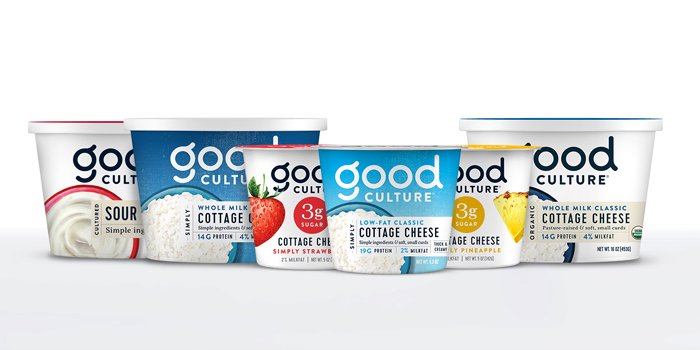
The capital will go towards marketing efforts, focusing on building “top of the funnel awareness,” in addition to performance marketing in-store. Though Good Culture initially launched in the natural channel, it has since expanded into conventional grocery, with MULO (where Merrill says it’s the top selling natural cottage cheese brand) now accounting for 64% of sales.
Though shoppers, particularly in conventional retailers, may see cottage cheese as a “diet food,” he said, these marketing efforts can help change that narrative to see it as a “nutrient dense, superfood…with healing properties.”
“This will allow us to just more effectively tell our story in a larger way to a larger audience,” Merrill said. “If we’re serious about getting to the top of the mountain and getting to the next level of growth, we want to ensure that we have the war chest to enable that growth.”
Direct-to-consumer sales, however, do not appear to be part of those plans. After testing the channel last year, Merrill said the brand changed course due to the high cost of shipping a relatively heavy, perishable product. Instead it will focus on growing its sales via shopping platforms such as Instacart, Amazon Fresh and Shipt.
The funding will also allow Good Culture to launch new products, Merrill said, ultimately creating a platform of cultured food products that support microbiome diversity.
In the near term, the focus is squarely on the dairy case, with its most recent expansion lactose-free sour cream and cottage cheese. Yet Merrill said he could see other refrigerated fermented foods outside of the dairy set offering the brand room for expansion. Still, demand for the line has already stretched the company’s existing supply chain, he added, so investment will first go towards building more capacity with existing co-manufacturers.
Good Culture is a Certified B-Corp with a partnership with 1% for the Planet, and is also working with dairy co-op Dairy Farmers of America (DFA) to transition more conventional farms over to ones that embrace regenerative agriculture practices. While the capital won’t directly go to those efforts, Merrill said, as Good Culture scales it will be able to encourage more farmers to make the swap and “accelerate that mission.”
“We’re effectively changing the food system and creating a new milk supply to allow us to have access to pasture raised milk for all of our products. As we’ve grown, it’s proven to be quite challenging,” he said. “We’re creating change every day.”
